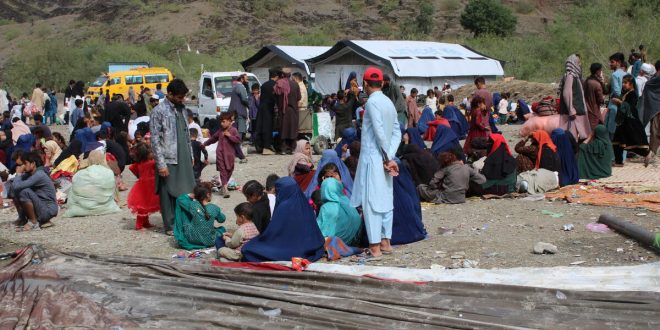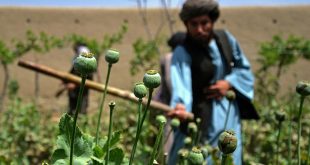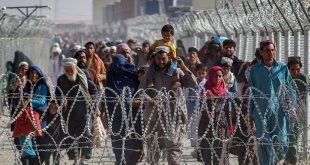AT News
KABUL – Thousands of Afghan returnees face a severe health crisis, with acute respiratory infections and life-threatening diarrhea soaring, warns Save the Children. Save the Children reports a concerning surge in severe illnesses among thousands of Afghan refugees who have recently returned to Afghanistan from Pakistan. The situation is particularly dire for children, with over 3,000 cases of acute respiratory infections and 1,200 cases of life-threatening acute diarrhea reported at Save the Children health facilities in the past month.
The health crisis is exacerbated by the lack of access to clean water for drinking and washing, forcing families to resort to open defecation due to a shortage of toilets. Since 1 October, approximately 286,000 people have returned to Afghanistan from Pakistan, with 139,000 arriving in November alone, following Pakistan’s directive for undocumented foreigners to leave voluntarily or face deportation by 1 November.
The majority, constituting 80% of returnees, are women and children, with nearly one in four being children under five, and over 60% under 17 years old. Save the Children warns that many returnee families are struggling without shelter and funds for basic necessities, creating a desperate and worsening situation.
Prolonged exposure to dust storms, smoky shelters, and extreme cold weather during the journey contribute to severe respiratory infections. Sharifa, a 20-year-old returnee, emphasized the challenging conditions, stating, “The crowd at Torkham is overwhelming and not suitable for children and women. It gets cold at night, and children do not have warm clothes. We want at least a proper shelter for us.”
Save the Children Afghanistan has responded to the crisis by deploying a Mobile Health Team to provide health, nutrition, and psychosocial services. They have also constructed 10 gender-segregated toilets and established approximately 20 water stations to address sanitation and clean water needs. Child-friendly spaces are being created to ensure a safe environment for children during the processing of their families’ documents.
Dr. Fahima, a doctor working with Save the Children, highlighted the urgent need for warm clothes, sanitary pads, and underwear for children and young women. The organization’s Country Director in Afghanistan, Arshad Malik, stressed the gravity of the situation, stating, “The escalating cases of acute respiratory infections and diarrhea present a major cause for concern.”
As Save the Children continues its efforts to address the immediate needs of returning families, the organization emphasizes the critical importance of comprehensive and sustainable solutions to avert a potential health crisis and ensure the well-being of the arriving population. The influx of people, compounded by the impending winter, calls for collective support to prevent a mass humanitarian emergency.
 Afghanistan Times
Afghanistan Times




